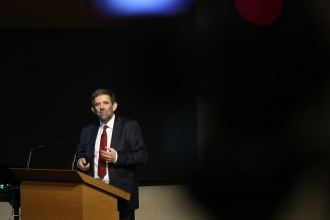
Sterner Inagural lecture at Collége de France
Thomas Sterner has been appointed visiting professor 2015-16 at Collège de France, the most prestigious higher research institution in France. The Chair in Sustainable Development - Environment…

Thomas Sterner has been appointed visiting professor 2015-16 at Collège de France, the most prestigious higher research institution in France. The Chair in Sustainable Development - Environment…
The Climate conference in ParisDecember 2015 is described as “last chance” or “5 to twelve” but in the climate arena there is a risk that we have over-utilized the doomsday vocabulary already in the run-up to Copenhagen, 2009 the better part of a decade ago. For those who have worked on climate issues for several decades it poses a special challenge to calibrate language.Words like “immediate” need careful explanation.
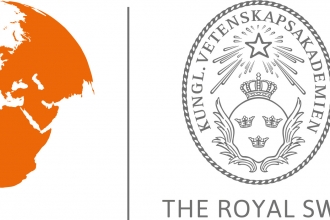
The Beijer Institute of Ecological Economics www.beijer.kva.se is announcing a new round of the Mäler Scholar competition. The institute is an international center of excellence at the interface of…
Make wind and solar power even cheaper by opening up access to the electricity gridand ending fossil-fuel subsidies, urge Gernot Wagner and colleagues. Putting a price on carbon dioxide and other greenhouse gases to curb emissions must be the centrepiece of any comprehensive climate-change policy. We know it works: pricing carbon creates broad incentives to cut emissions. Yet the current price of carbon remains much too low relative to the hidden environmental, health and societal costs of burning a tonne of coal or a barrel of oil.

Thomas Sterner, together with some of Sweden 's most popular artists, researchers and entrepreneurs, is invited as a speaker at Stormvarning climate concert on August 19, Malmö, Sweden. How do you…
The EfD Report 2014/15 gives you an excellent overview of the EfD centres´ achievements during 2014 and ongoing work during 2015. Ranging from interesting policy stories on how economic research is put to use around the world to collaborative research programs, a wide range of publications, and our academic capacity building program.
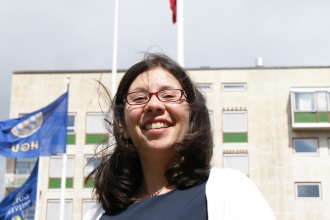
Marcela Jaime recently defended her thesis: Essays on behavioral Economics and Policy Design. What it is about? My thesis is about unintended effects of behavioral and policy interventions and its…
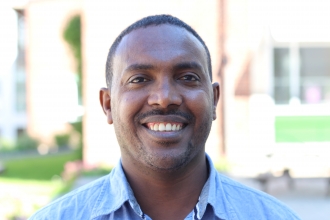
Effective kitchen stoves that use less firewood and emit fewer greenhouse gases are both cheap and available to the rural population in many developing countries. But the demand for the stove is low…
The PhD program Global Change and Climate Economics (formerly environmental and climate economics) started in a modest way already in 1991. Since then Sida has supported 30 PhD’s from start to completion of a successful defense and more than 270 students have participated in one or many of our specialization courses. The program constantly evolves and improves based on the experiences of its students, faculty and administrative staff.
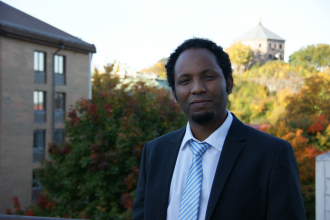
Environment and Climate Research Center (ECRC) is a new research center established in the Ethiopian Development Research Institute (EDRI) in partnership with the Environment for Development…